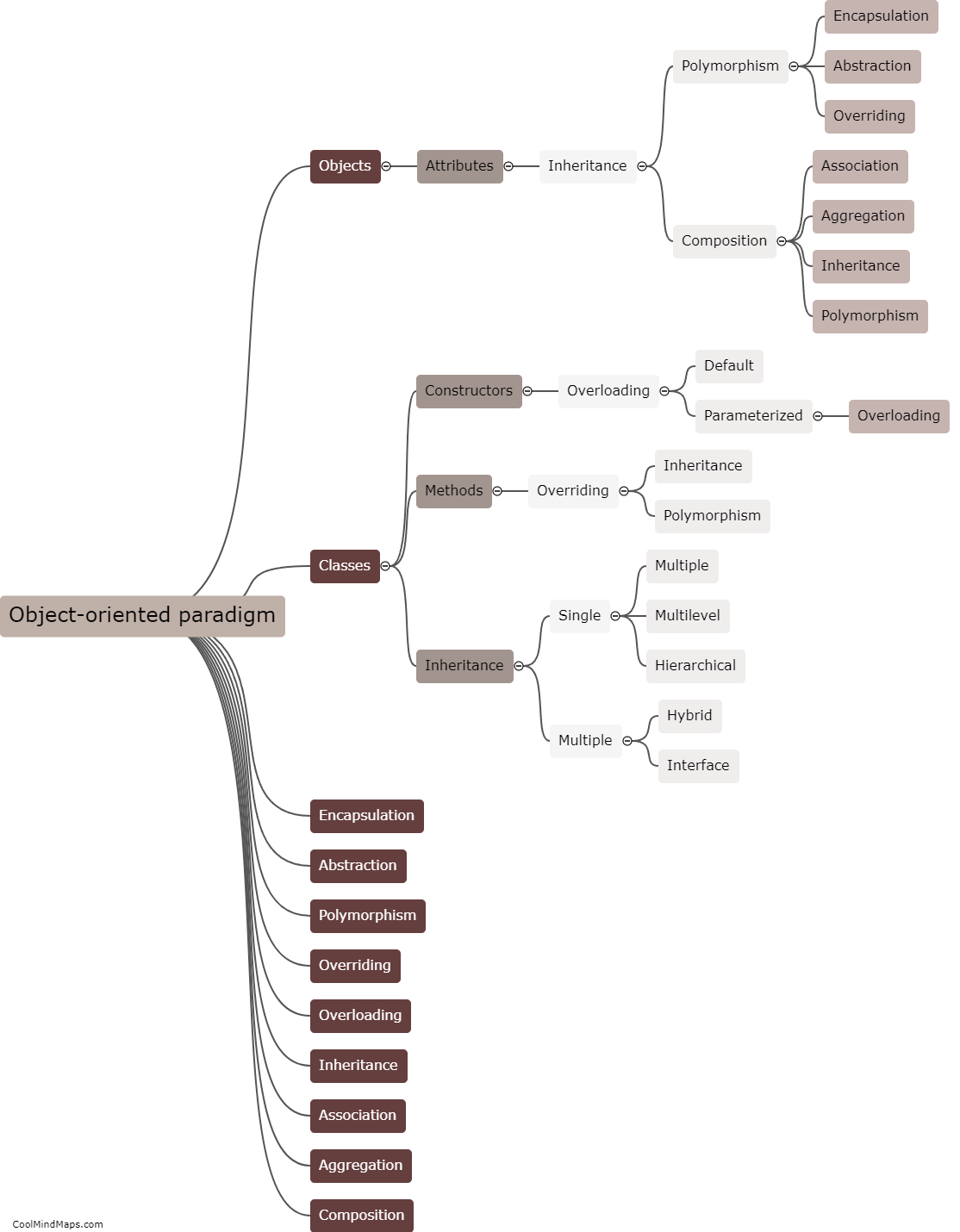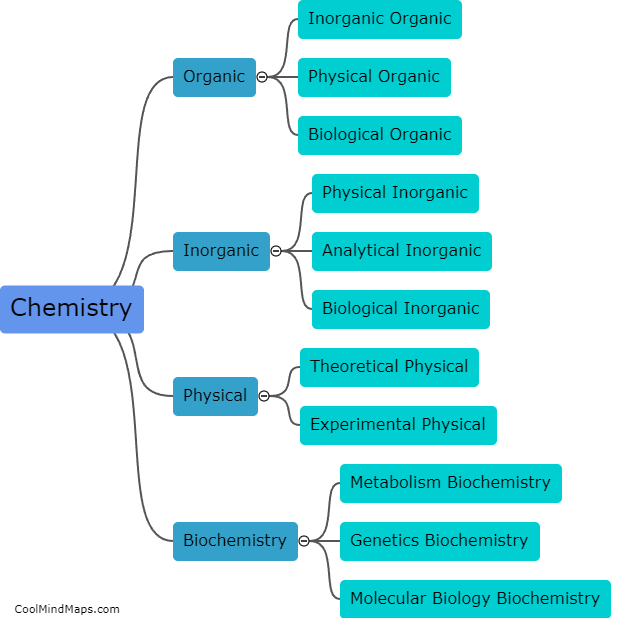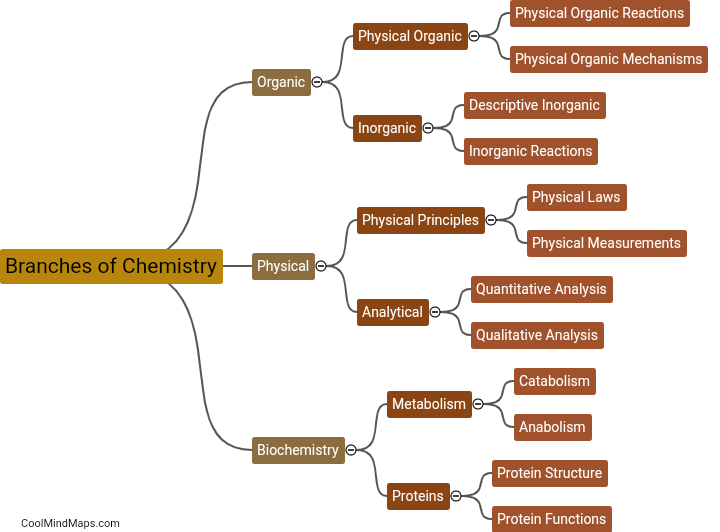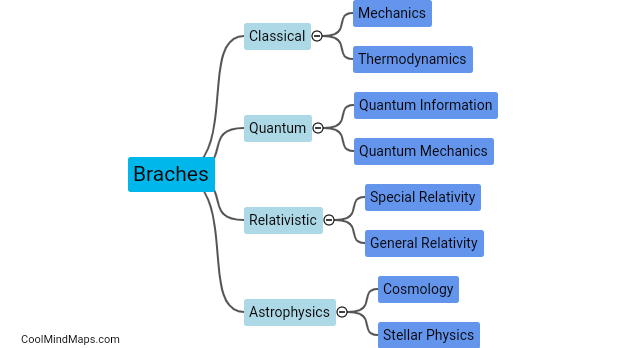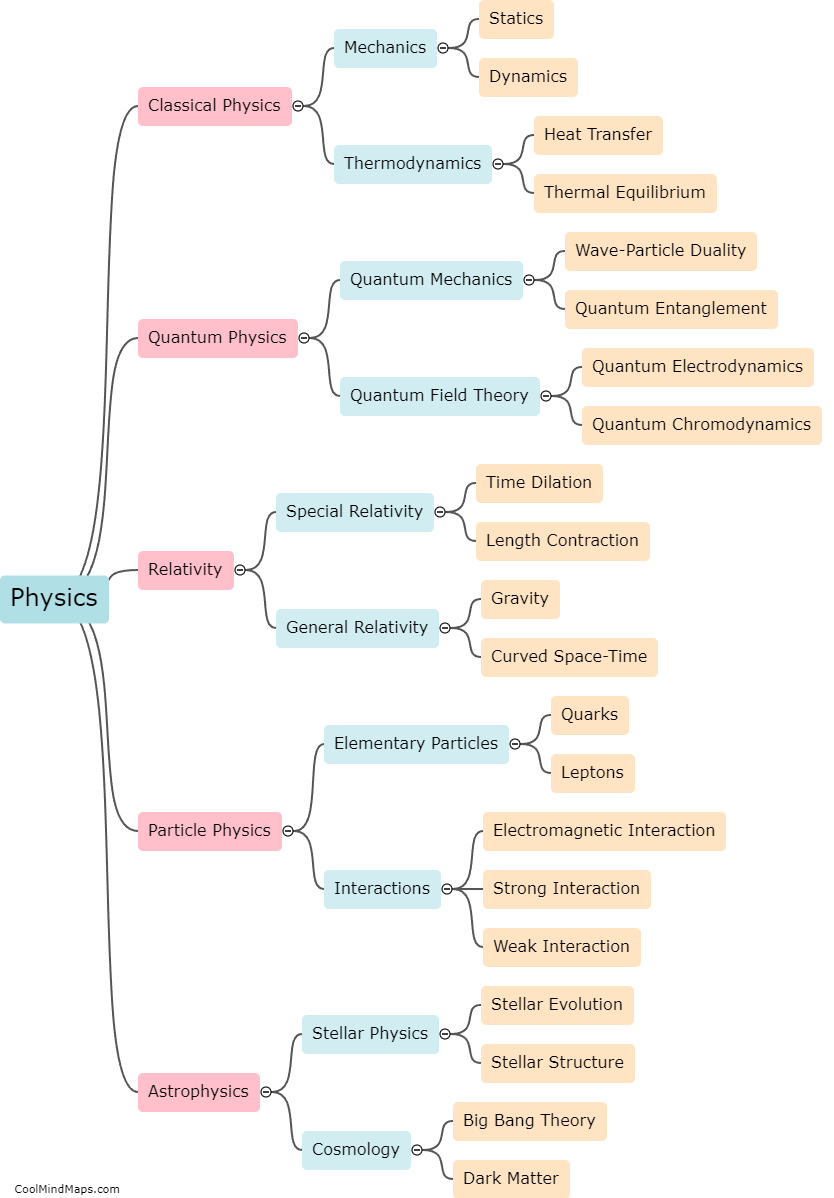What are the applications of each branch of chemistry?
Chemistry, as a vast scientific discipline, consists of several branches, each with its own unique applications. Organic chemistry, for instance, focuses on the study of carbon compounds and plays a significant role in the development of drugs, polymers, and materials such as plastics. Inorganic chemistry deals with non-carbon compounds and finds applications in the production of metals, ceramics, and electronic devices. Analytical chemistry involves the identification and quantification of substances, which supports fields like forensic science and environmental monitoring. Physical chemistry explores the interaction of matter and energy, and its applications range from understanding chemical reactions and thermodynamics to designing new catalysts and batteries. Biochemistry investigates the chemical processes within living organisms, essential for advancements in medicine and biotechnology. Furthermore, branches such as environmental chemistry and materials chemistry contribute to solving challenges related to sustainability and developing advanced materials. Thus, the different branches of chemistry cater to a wide array of applications, shaping various aspects of our modern lives.

This mind map was published on 21 July 2023 and has been viewed 173 times.


